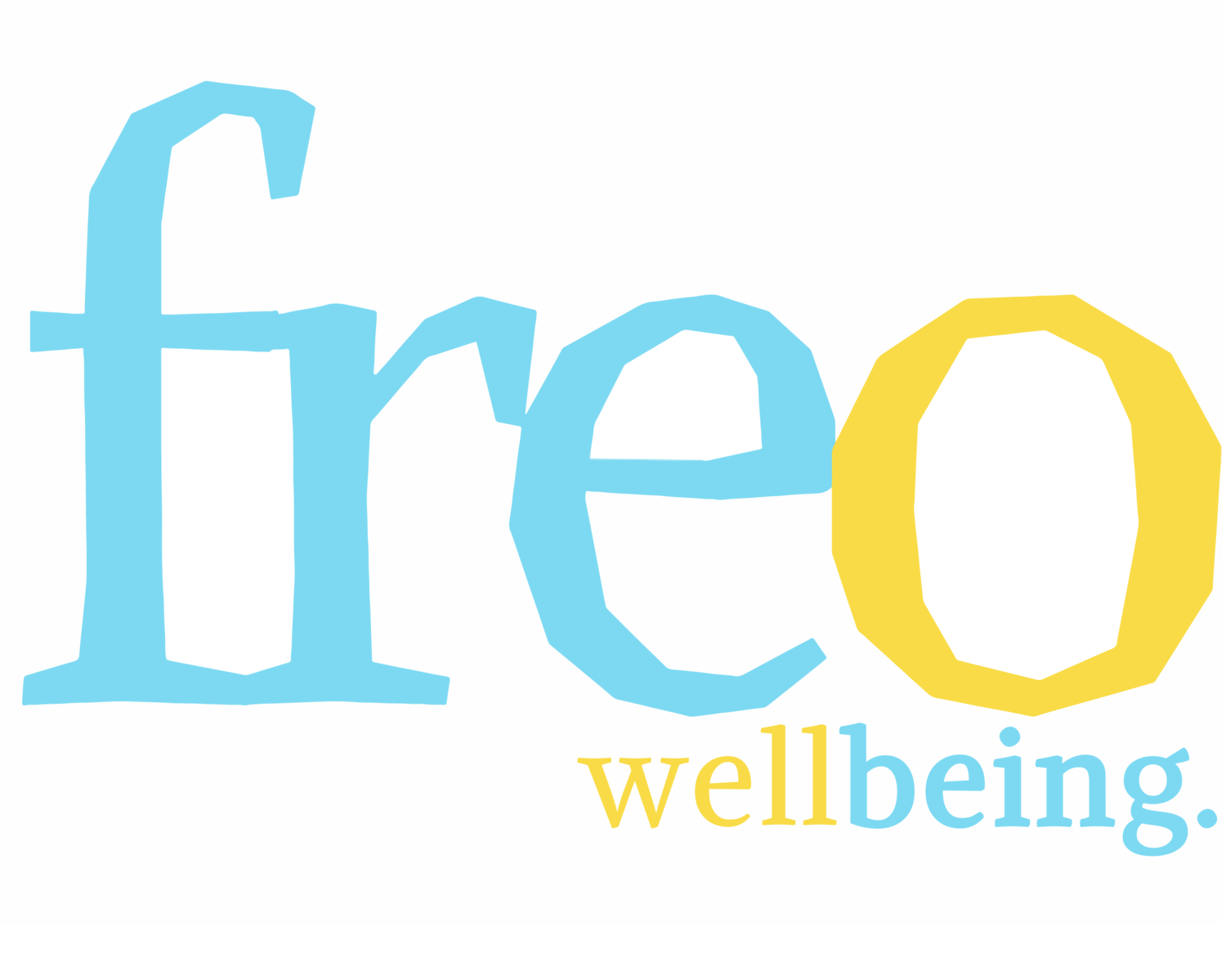Can Catching Z's Really Improve Your Mental Well-Being?
It’s November.
In the Northern Hemisphere, this means things are getting real dark, real quick. We all know that SAD (Seasonal Affective Disorder) is a valid disorder that means those who don’t ordinarily suffer from Mental Health symptoms suddenly struggle with feelings of heightened anxiety or depression when the weather changes - less (or more!) sunlight being one of the main triggers.
There's the obvious: when you don't get enough sleep, you're tired. Like, really tired. And that can make everything from your work to your social life miserable. You might find yourself nodding off during meetings, or struggling to keep your eyes open during dinner. If sleep deprivation continues, you could even start hallucinating.
Getting enough shut-eye can without a doubt help to improve your mental well-being. We've all heard the term "beauty sleep," but sleep is not just for the pretty percentage, it's for everyone who wants to feel better mentally and emotionally.
The benefits of sleep go beyond just mood improvement. Getting enough rest helps with anxiety and depression. When you're sleep deprived, it's easy to get caught up in negative thoughts and feelings; your mental defences aren’t strong enough to stop the waves of anxiety. With enough rest, your brain is better equipped to handle stress and process emotions in a more balanced way.
Ever had a "Eureka!" moment in the shower or while taking a nap? That's because your brain is able to make connections and come up with ideas more easily when it's not exhausted. Rest helps to boost creativity and problem-solving skills. So, the next time you're stuck on a problem, try taking a nap instead of banging your head against the wall.
When you're well-rested, you're also more likely to have the energy to exercise and eat healthy, both of which are important for maintaining good mental health. Plus, getting enough rest can help boost your immune system, which means you'll be less likely to get sick — a common occurrence for most of us during the colder months — and more likely to feel good overall.
So, what can you do to make sure you're getting enough sleep?
Take a warm bath, read a book, or listen to calming music to help you unwind and signal to your brain that it's time to sleep.
Avoid using electronics, watching TV, or engaging in activities that may keep your mind active. The blue light emitted by electronic screens can interfere with your natural sleep cycle.
Make sure your bedroom is cool, dark, and quiet (or get a good pair of earplugs and an eye mask). Invest in comfortable bedding and pillows, and consider using a white noise machine or earplugs to block out any distracting sounds.
Having a warm shower in the evening pushes your body into relaxation mode, and get’s your mind in ready for bed too. (In the reverse, that is why the morning is often the best time to have a colder shower, to wake yourself up.)
Caffeine and alcohol can interfere with your sleep quality. It can take up to 10 hours for caffeine to leave your system, so it's best to avoid consuming them in the hours leading up to bedtime (personally, I make sure I don’t drink past 12pm). Alcohol can cause you to wake up and have a difficult time going back to sleep. It also has a negative effect on Rapid Eye Movement (REM) sleep (we will talk more about REM sleep in a bit).
Deep breathing, meditation, and other relaxation techniques can help calm your mind and body, making it easier for you to fall asleep.
If you're having trouble falling asleep, try incorporating some of these tips below into your nightly routine, and if you're really struggling to get enough sleep, consider talking to a doctor or a specialist.
What is Rapid Eye Movement (REM)?
REM sleep stands for Rapid Eye Movement sleep, which is a stage of sleep that is characterised by rapid eye movements, vivid dreaming, and muscle paralysis. During REM sleep, the brain is very active and the body is deeply relaxed. It’s an important stage for processing emotions, strengthening memories, and learning new information.
This stage typically occurs in repeated cycles throughout the night, with each cycle lasting about 90 minutes. The first REM sleep cycle usually begins about 90 minutes after falling asleep and becomes longer as the night progresses, while deep sleep stages become shorter.
Disruptions to REM sleep can lead to sleep disorders such as narcolepsy, sleep apnoea, and REM sleep behaviour disorder. It is important to get enough high-quality sleep to also ensure that you have good long and short-term memory as you grow older, manage to concentrate during the day and generally have the ability to make considered decisions.
The benefits of getting enough sleep are clear. From improved mood to better physical health, there are plenty of reasons why we should all make an effort to catch more and regular Zs! Who doesn't love a good nap?
So, go ahead and take that midday siesta or hit the hay a little earlier tonight.
Sweet dreams!
All images sourced from Unsplash.



